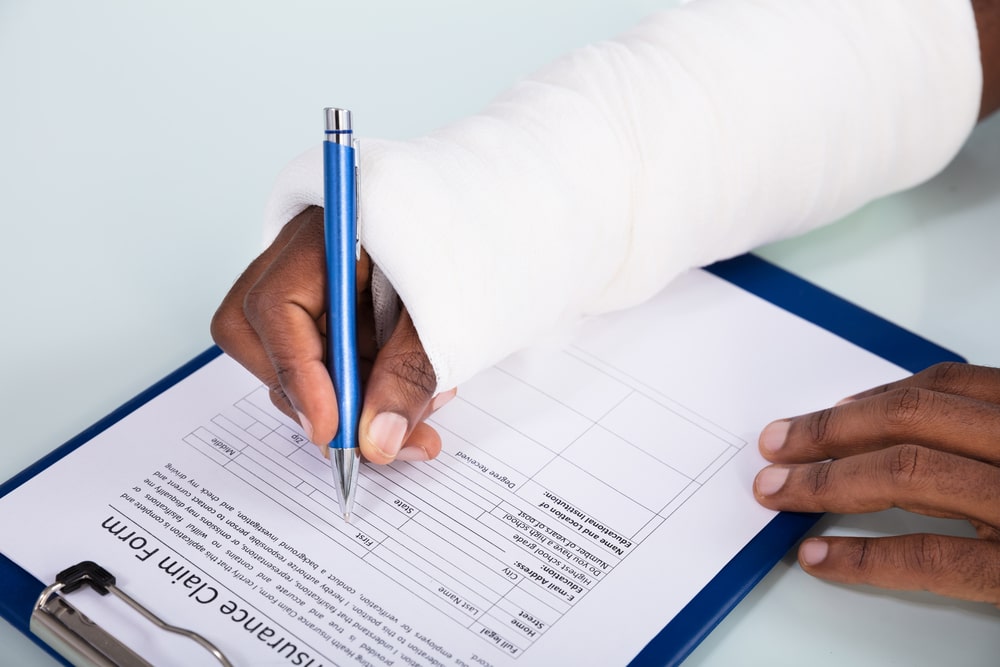
When A School Makes A Medical Situation Worse Instead Of Better
When a child is injured or falls ill at school, parents trust staff to respond quickly and appropriately. That includes school nurses, coaches, teachers, or anyone responsible for first aid. But what happens when the school’s response is delayed, inadequate, or flat-out wrong? Can a parent sue the school for improper medical care?
Below, our friends from Hayhurst Law PLLC discuss what you can do if your child’s school nurse did not do the right thing or the first aid they received was administered improperly or they were given insufficient care.
Schools Have A Duty To Provide Basic Care
While schools are not hospitals, they do have a legal responsibility to respond appropriately in emergencies. That means calling 911 when necessary, following basic first aid guidelines, and notifying parents without delay. In many cases, school nurses are the ones responsible for treating minor injuries and making decisions about whether a child needs further care. If the school fails to act reasonably and that failure causes a student to suffer further harm, it may be held liable.
Examples Of Negligent Medical Care At School
Negligence can happen in many forms. If a child has a serious allergic reaction and staff fail to administer an EpiPen or call emergency services, that could lead to a claim. If a nurse downplays a head injury, sends the child back to class, and the child later shows signs of a concussion, the school may be responsible for worsening the outcome. Even something as simple as failing to clean and bandage a wound properly, which later leads to infection, could be considered negligent in certain situations.
Training And Policies Matter
A school is expected to have trained staff and clear procedures for handling medical situations. This includes recognizing signs of distress, following medical plans for students with known conditions, and documenting injuries or illnesses as required. If the school fails to follow its own policies or state guidelines, and a student is harmed as a result, that can strengthen a legal case. Schools must also be prepared to act when the school nurse is not available. In those moments, other staff must be trained to step in and call for help as needed.
Public Schools And Legal Hurdles
Because most schools are public entities, lawsuits must follow strict procedures. Before filing a lawsuit, families are usually required to file a notice of claim with the school district or local government. These deadlines vary by state, but they are often short—sometimes 90 days or less after the incident. Missing that deadline may mean giving up your legal rights, no matter how strong your case may be.
Not Every Mistake Is Grounds For A Lawsuit
It is important to remember that not every delayed or imperfect response will rise to the level of negligence. The legal question is whether the school acted unreasonably under the circumstances. A school that responds quickly and follows standard procedures is unlikely to be found at fault, even if things do not go perfectly. But if a child’s condition clearly required medical attention and staff failed to act, legal responsibility may follow.
The Bottom Line
When schools fall short in handling medical situations, the consequences can be serious. If your child suffered harm because school staff failed to act appropriately during a medical emergency, it is worth talking to a workplace injury lawyer. They can help you understand if the school violated its duty of care and what steps you can take to protect your child and seek justice.
